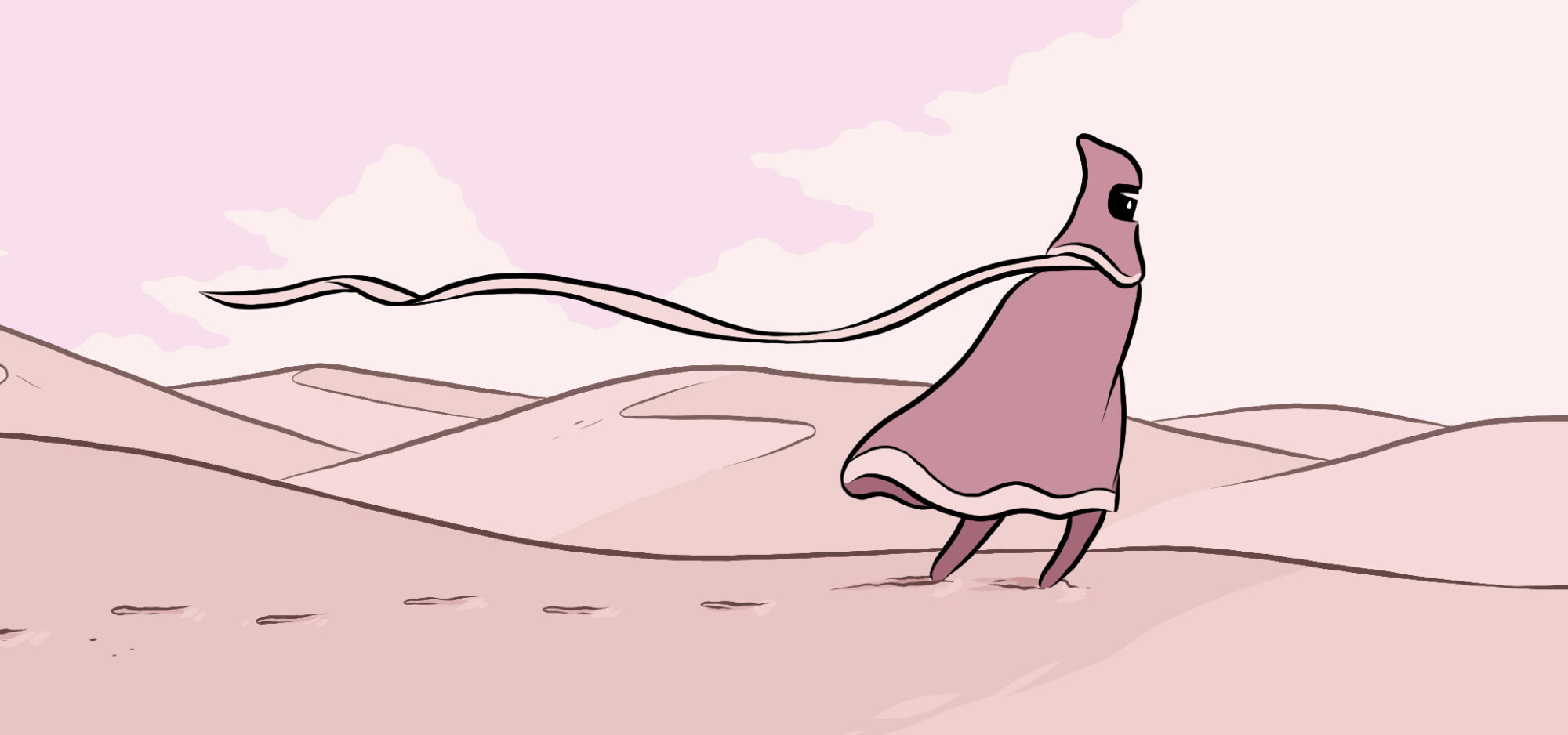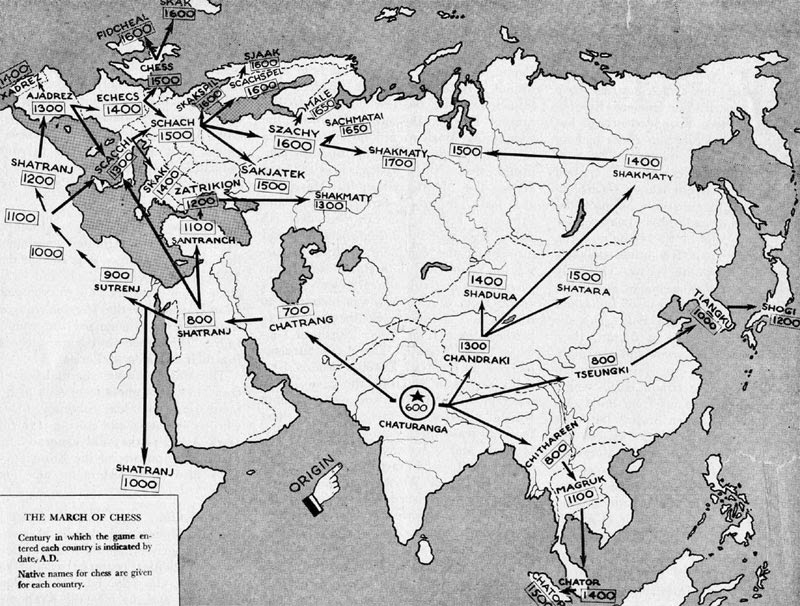One of the biggest personal challenges I face as a creator is giving myself enough time and space to work on things that might not lead to any specific outcome.
When I sit down to write or draw or research, it often feels like what I’m doing at any given moment must be essential to the outcome, or it’s not worth it. I find it really hard to step away from the frontlines of work and just spend time thinking.
This drive to produce outcomes can be creatively draining. Not only this, but it prevents me from examining the work I’m producing and the decisions I’m making. When you’re in the trenches focussing on a series of very small problems, it’s easy to lose sight of what you’re wanting to achieve.
By stepping back and spending some time reading around a subject, playing with ideas and approaches in my mind, and letting myself off the hook for not completing another few pages of writing, I actually do myself and my book a lot of good in the long term.
Writing on Gamish is now well underway. I’ve reached the point, around the 1950s and 60s, when computer scientists were programming the first games. I think I could learn something from the programmers of that era. Employed to develop software for multimillion dollar computers, they spent their free time in play, seeing if they could make these machines into toys or musical instruments.
With a sense of play, and a lack of pressure to produce results, this is where some of the best ideas come from.
I need to step back, and let my mind play for a while…

